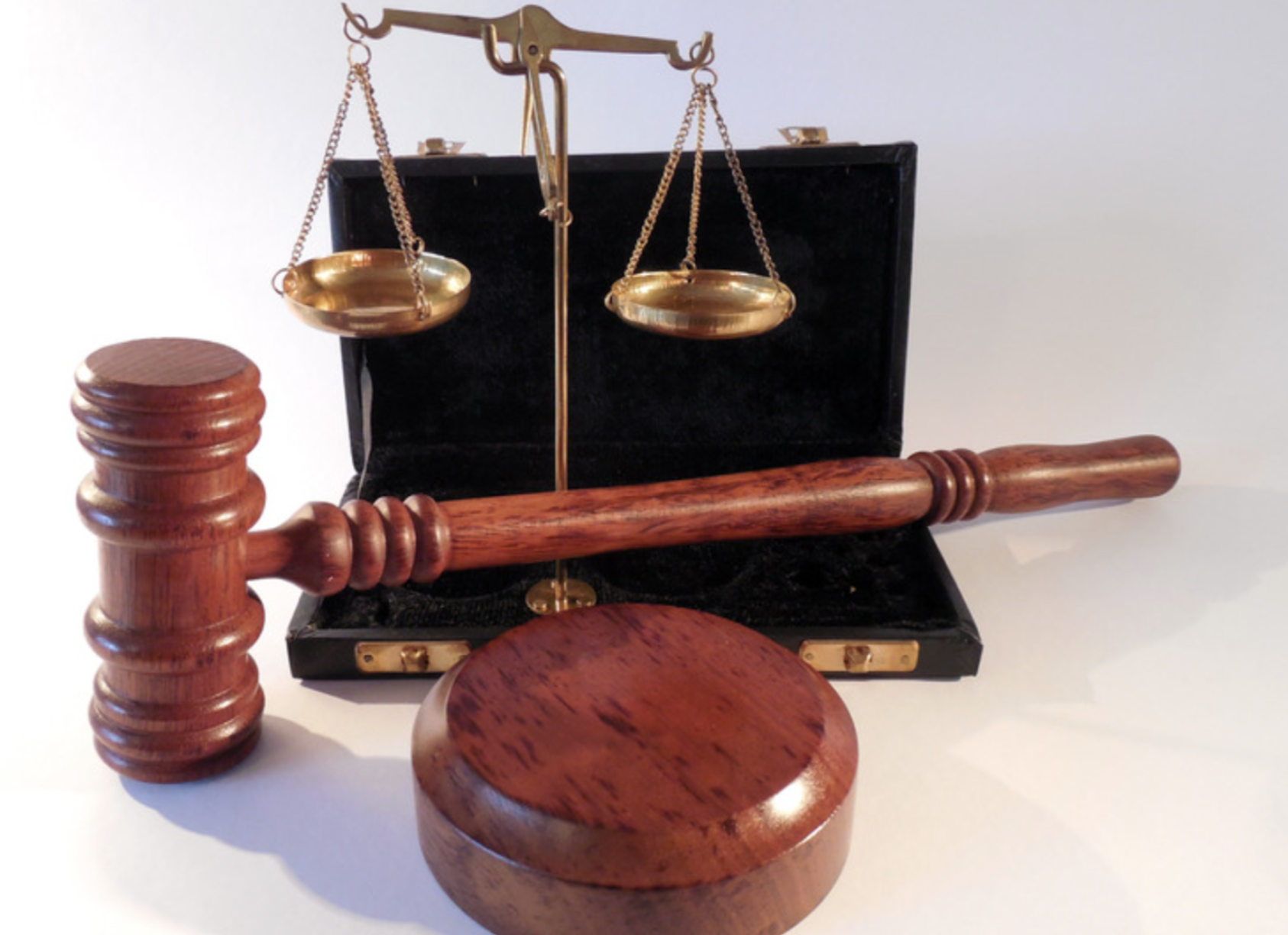Addiction is a commonplace disease in Maryland and treatment options - especially for minority populations, historically underserved populations and rural populations - aren’t keeping up with demand.
There were 1358 accidental overdose deaths in Maryland in the first half of 2021. The good news is that this number only represents a .5% increase from the previous year’s overdose
deaths. In previous years, Maryland was actually seeing a much faster escalation of overdose death. State health officials point to initiatives like Maryland Stop Overdose Strategy (Maryland SOS for short) in helping slow the acceleration of accidental overdose deaths in the state. Still, while Maryland itself is seeing an improvement in the number of overdose deaths in the state, Baltimore City has risen to prominence as the number one city for the highest overdose fatality rate in the nation.
With all of this progress and experimentation going on to address the addiction crisis in the state, is Maryland a good place to start or expand an addiction treatment center business? Maryland happens to be one of the most highly regulated states for addiction treatment providers, which means there are quite a few hoops to jump through when opening a new center. Read on to discover what it takes to open a drug rehab in the Old Line State.
Most Addiction Treatment Centers in Maryland Need to Obtain a State License to Operate
In 2015, Maryland updated its regulation of addiction treatment centers to require licensure for most providers. Referred to as COMAR 10.63 regulations, these changes to state law were fairly wide-reaching for behavioral health programs, specifically for organizations that Maryland calls “SRDs,” short for substance-related disorder treatment programs.
COMAR 10.63 is not light reading. There are many caveats and exceptions to each rule. If you’re not sure if your addiction treatment center will need to seek state licensure, you’re not alone. The State of Maryland actually created a decision tree to help interpret the state laws and determine if your addiction treatment center will be required to seek licensure with the state.
Maryland Will Probably Make Your Addiction Treatment Center Obtain Accreditation Before It Will Allow You to Even Apply for a License
One of the biggest changes that the COMAR 10.63 regulations made to the addiction treatment landscape was the introduction of accreditation requirements as a prerequisite for state licensure. In Maryland, your addiction treatment center must complete the accreditation process with a recognized accrediting organization (or AO) before the state will even consider your application for licensure.
Next, Your Addiction Treatment Center Will Need to Sign an “Agreement to Cooperate” With Various State Agencies
In Maryland, you’re not ready to apply for your state license after you’ve finished up your accreditation. You’ll still need to submit an agreement to cooperate with your Local Addiction Authority (LAA), your Core Service Agency (CSA) and/or your Local Behavioral Health Authority (LBHA). If you’re opening in more than one jurisdiction, you’ll need to sign separate agreements with the various agencies in each jurisdiction.
Once Your Addiction Treatment Center is Accredited and Agrees to Cooperate, You’re Finally Ready to Apply for Your License in Maryland
The application for state licensure in Maryland is 11 pages long and there are big warnings on the top that caution against furnishing false information to the state. Most of the pages are affidavits relating to specific types of care, like rehabilitation of minors and other specialty populations.
Because Maryland requires most addiction treatment providers to seek accreditation prior to applying for licensure, the information required on the application is actually less detailed than the extensive documentation requirements of other states without accreditation requirements.
Targeting Maryland for Your Next Addiction Treatment Center? We Can Help!
Behave Health is committed to making it easier - and more profitable - to operate evidence-based, results-focused addiction treatment centers.
Get your free trial started today and see why more addiction treatment centers prefer Behave Health.
Need help with certification? Behave Health can also help direct you to the right resources for help with Licensing or Accreditation by either The Joint Commission or CARF. Mention to your product specialist that you’re interested in this service after you start your free trial!






